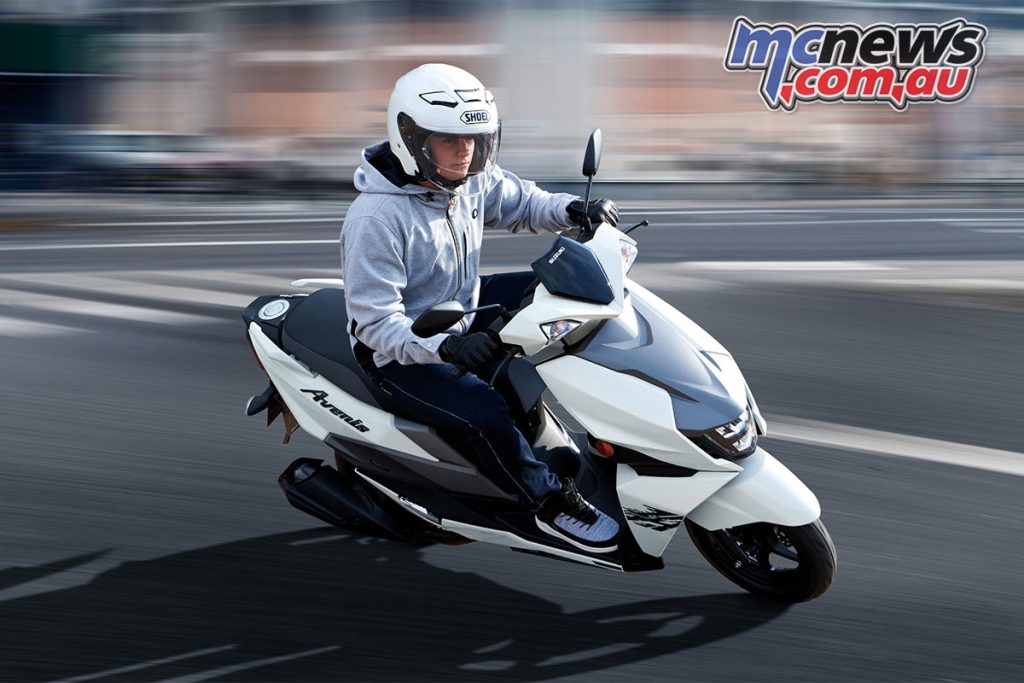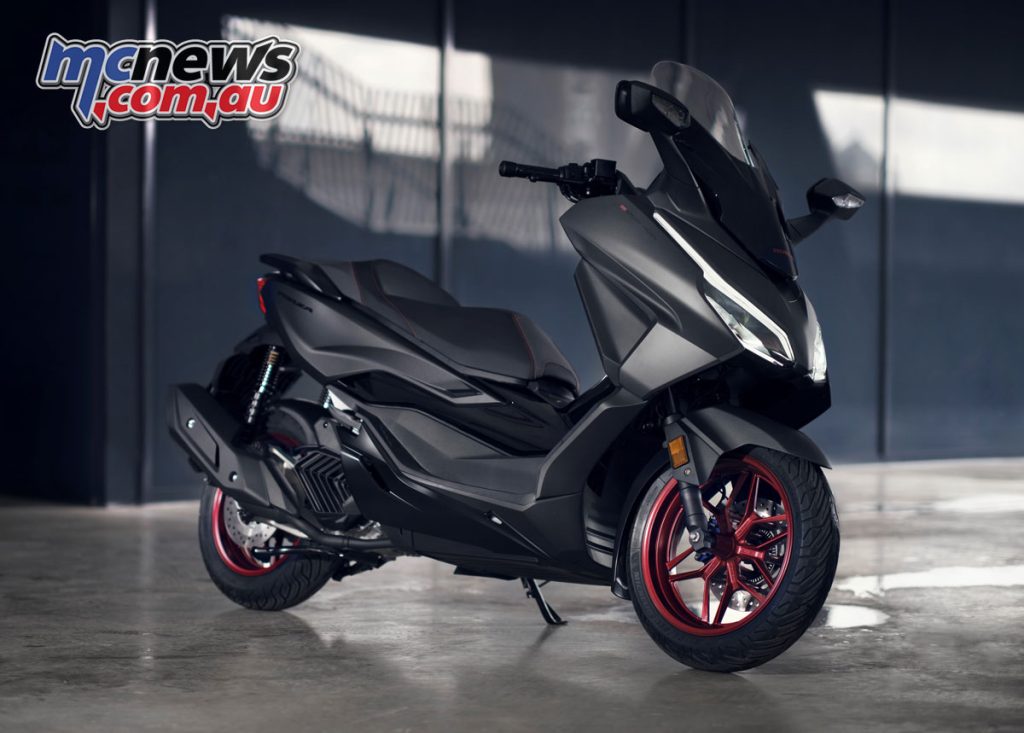Motorcycle Recycling & Transport Poverty
The Federation of European Motorcyclists’ Association has put motorcycle recycling, electrical vehicle costs, and worsening transport poverty on the radar in Europe, as the economic outlook continues to deteriorate and increasing focus is put on environmental policies, often at the expense of motorcyclists and motorcycling.
Risks faced by the motorcycling community include being ignored or worked against by legislators and road authorities, despite having the potential to address travel cost and vehicle ownership cost issues, reducing congestion, reducing parking requirements and polluting less than cars, particularly with so many cars used by a single occupant.

Legislation in Europe has been identified as having the potential to create issues for historic and older motorcycles, availability of used parts, encouraging reliance on China, and not seeing motorcycles and mopeds as part of the transport solution of the future, especially with an enormous focus placed on EVs.
Motorcycle Recycling
FEMA reports that in Sweden motorcycle scrapyards are recycling between 80 and 100 per cent of each motorcycle based on a recent survey, with many parts sold as spares, while anything else is recycled within European regulations for plastic, liquids and metals.
This demonstrates a strong and effective circular economy that is both efficient and effective for motorcycling and for the environment, and suggests that stricter regulation is unnecessary for this sector, where these kinds of results are already in existence.
With manufacturer support for spares limited by age, but also general availability, it’s noted that this plays a pivotal role in ensuring older motorcycles can be kept running and road-worthy, but also in ensuring affordable spares for all motorcycles and mopeds, with new spares often in limited supply and expensive, if available. In Sweden three-quarters of motorcycles are over ten years old, or older.
The End-of-Life Vehicles Directive in Europe currently excludes motorcycles, with inclusion having the possibility to increase bureaucracy, which may make the current system unfeasible, according to Swedish Motorcyclists’ Association (SMC). That could potentially lead to a lack of second-hand parts, in turn shortening the useful life of many motorcycles, if scrapyards were to simply stop handling motorcycles.
FEMA have highlighted the threat to historic motorcycles particularly if inclusion in the directive is passed, and asked that it be ensured in-house demolition remains possible, essentially protecting the existing system.
It’s easy to see how well-meaning policies which should technically offer more environmental and socially responsible outcomes in theory, fail to deliver when implemented in the real world, with the loss of affordable spare parts, particularly for older motorcycles, a real threat, that could force many vehicles off the road prematurely.
To read the original article head to the FEMA website:
https://www.femamotorcycling.eu/swedish-mc-recycling/
Transport Poverty & Motorcycling
With living costs increasing dramatically, the long standing issue of transport poverty, which is defined as people being unable to afford transport – even public transport – has been brought back to the fore by FEMA, over in Europe, in a recent article.
Motorcycles and mopeds have long been an affordable alternative to both cars and public transport, while electric vehicles – while cheaper to run – are generally significantly more expensive, especially for electric cars, even with support through policies and tax incentives.

However this role is often being ignored with the push to EVs, despite offering a number of transport advantages, especially with smaller capacity ICE motorcycles and mopeds.
Lithium prices have increased seven-fold according to a recent report, with mining and refining largely dependent on China, with the same situation existing for nickel, with prices increasing remaining a distinct possibility, rather than falling as long been expected for battery tech. This also raises the question of availability and being overly dependent on China.
Naturally the effect of transport poverty is wide, impacting individuals ability to work, study, take part in sport or social activities, with a hearing on ‘Preventing Transport Poverty and Increasing Fairness in Mobility’ recently tabled by the TRAN in Europe.
As a result FEMA have called on legislators and road authorities to take into account the benefits that motorcycles provide, and not to charge them at the same rate as cars, despite being a much smaller footprint, a trend which has been seen in some areas.
As fuel and living costs continue to rise, it’s easy to see how motorcycles may become a real necessity for many, where cars are no longer financially viable. Here in Australia public transport is also both pricey and often offers limited coverage, and with longer distances often covered and longer commutes the norm, are a much more viable solution.
To read the original article head to the FEMA website:
https://www.femamotorcycling.eu/prevent-transport-poverty/






















